Neuroscience

Research that reveals a better understanding of neurological systems, and the diseases that affect them, could translate into cures that improve millions of lives. BioLegend offers a wide-ranging portfolio of products, providing solutions for your neuroscience experiments, including antibodies, immunoassay solutions, recombinant proteins, magnetic cell separation, and single-cell proteogenomics reagents. Our reagents were built in collaboration with preeminent leaders in the field, like The Michael J. Fox Foundation (see the Product Highlights tab below), signifying our commitment to partner with your teams to seek out new discoveries, bringing our customers new choices and comprehensive solutions for studying neurological disorders.
Neurodegeneration
Neurodegenerative diseases result from the loss of neurons in the nervous system, which can have debilitating effects like dementia, memory loss, and ataxia. Treatment for these diseases are limited, raising the need to gain a better understanding of their mechanisms and origins. Utilize reliable protein- and modification-specific antibodies, recombinant proteins, assay kits, and reagents to study protein aggregation and cellular processes involved in neurodegeneration. Learn more about each of the subset and the reagents we offer for them below.
Protein Aggregation
Neurodegeneration is a complex biological process that is often defined by the presence of protein aggregates. Protein aggregation is a result of misfolded proteins forming fibrils, inclusion bodies, and other large proteinaceous inclusions such as plaques. Many neurodegenerative disorders are associated with aggregation of key target proteins including Amyloid-β (Aβ) and Tau in Alzheimer’s disease, and α-Synuclein in Parkinson’s disease. Protein aggregates exert their toxic function by disrupting normal cellular and synaptic functions ultimately resulting in cell death. We provide a large assortment of antibodies, kits, and recombinant proteins to study the function of these targets in a neurological setting.
Neuroinflammation
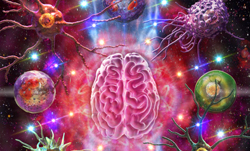
BioLegend’s immunology portfolio provides numerous resources to complement neuroinflammation research, which involves signaling proteins, receptors, and cells. Our reagents can phenotype a variety of cell types, including resident glial cells in the central nervous system, non-glial resident myeloid cells, and peripheral leukocytes.
View our Neuroinflammation Webpage.
Autophagy
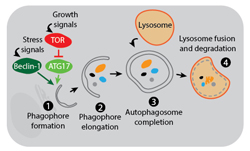
Autophagy is a process that degrades and removes dysfunctional proteins, damaged organelles, and intracellular pathogens by delivering cytoplasmic material to the lysosome. Dysregulation of autophagy can have fatal consequences for cells, which is why it has been linked to diseases like cancer, neurodegeneration, and pathogenic infections.
View Bio-Bit on Aggrephagy and Protein Aggregate Degradation.
Cell Death
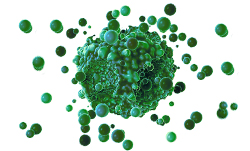
Understanding and tracking neuronal cell death is a key component of neuroinflammation and neurodegeneration studies. BioLegend provides a well-rounded variety of cell health and death reagents to study the individual components associated with cell death pathways.
Mitochondrial Function
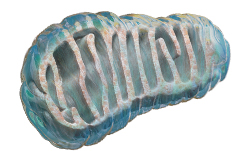
Aside from ATP generation, mitochondria are critical for axon branching, synaptic function, and general glial cell function and neuronal repair. The oxidative damage and dysfunction of mitochondria may play key roles in neurodegeneration, aging, and cancer.
View our products for mitochondria.
View Bio-Bit on Mitochondria Ejection and Astrocyte Cleanup.
Synaptic Function
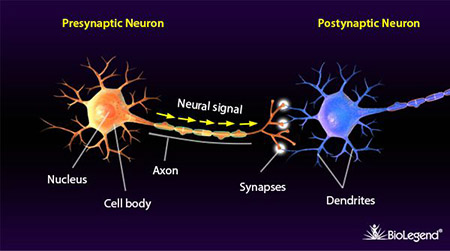
The neuron relays electrical and chemical signals to other neurons at junctions known as the neural synapse. With an estimated 100 billion neurons in the mammalian CNS, it is vital to understand the hundreds of proteins that coordinate the basis for higher nervous system functions, such as cognition, memory, and movement.
Epigenetics
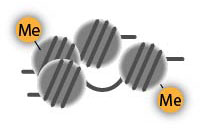
Epigenetics describes heritable modifications to DNA chromatin modeling that can hide or reveal function without altering the genetic code itself. In neuroscience, these modifications are not passed down to progeny (since neurons do not divide). However, more and more studies are identifying how epigenetics can help neural cells with information storage and circuit regulation. Failure or alteration of epigenetic systems in these cells may lead to neurodegenerative disease.
View our epigenetics products.
View our Bio-Bit on Histones and Regulation of Transcription through Epigenetic Modification.



